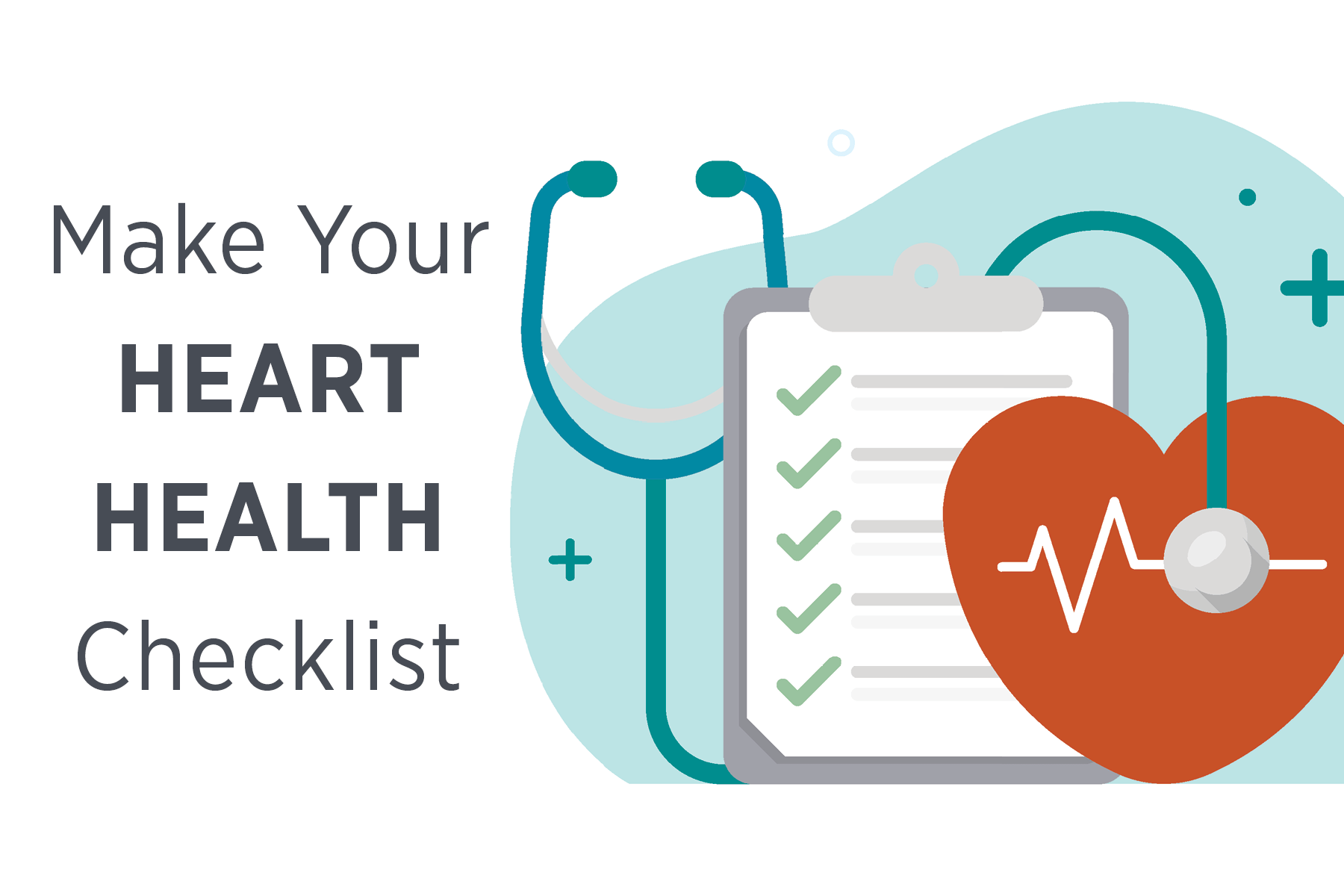
Make Your Heart Health Checklist
According to America’s Health Rankings, Oklahoma is one of the most at-risk states for heart disease, but with a few small changes you can significantly reduce your risk of heart attack. Learning your unique health conditions and genetics are an important first step in heart health. The next step is to create your own heart health checklist to help you stay on track and prevent heart attacks and strokes.
What is a Heart Attack?
A heart attack, or myocardial infarction, occurs when the blood flow to a part of the heart is blocked, usually by a blood clot. This blockage can lead to damage or death of the heart tissue, causing symptoms such as chest pain, shortness of breath, and fatigue. Immediate medical attention is crucial to minimize damage and increase the chances of a successful recovery.
How Can I Prevent Heart Attacks?
Understanding the basics of heart attack prevention starts with lifestyle choices. There are many choices that can significantly reduce your chance of experiencing a heart attack:
- Adopting a Heart-Healthy Diet
Eating a diet rich in fruits, vegetables, lean proteins, and whole grains, can significantly reduce the risk of heart disease. - Regular Physical Activity
Even in moderate amounts, physical activity strengthens the heart muscle and improves circulation. - Quitting Smoking
Smoking remains one of the leading causes of heart attacks. If you smoke, quitting is one of the most impactful steps you can take to protect your heart. Smoking cessation not only reduces your risk but also improves overall health and well-being. - Regular health Check-Ups and Screenings
Regular health check-ups and screenings, which are offered at the OSU Cardiovascular Medicine Clinic, play a pivotal role in preventing heart attacks. Monitoring blood pressure, cholesterol levels, and other cardiovascular markers allows for early detection of potential issues, enabling timely intervention. - Proper Stress Management
Lastly, stress management and adequate sleep contribute significantly to heart health. Chronic stress and lack of sleep can elevate blood pressure and contribute to heart disease. Incorporating stress-reduction techniques and ensuring sufficient, quality sleep are essential components of a comprehensive approach to heart attack prevention.
By making informed choices and embracing a heart-healthy lifestyle, you empower yourself to take charge of your cardiovascular well-being. Remember, small, consistent efforts add up to significant benefits, making heart attack prevention a journey worth embarking upon for a longer, healthier life.
OSU Medicine has easy and affordable screening and diagnostic services available for the early detection of heart disease.
For information, call OSU Cardiovascular Medicine at 918-582-7711.